Metal Detector
₨ 3,200
Description
Metal Detector
A metal detector is a device used to detect the presence of metal objects in a given area. It consists of a coil of wire that generates a magnetic field and a detector that measures any changes in that magnetic field caused by the presence of metal.

Metal detectors come in various shapes and sizes and are used for a wide range of applications. For example, they are commonly used in security checkpoints to detect weapons or other metal objects that could pose a threat. They are also used in construction and excavation sites to locate buried metal objects, such as pipes or cables.
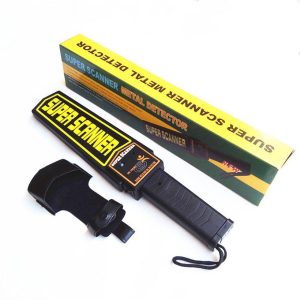
One of the key features of a metal detector is its sensitivity to different types of metals. The sensitivity can be adjusted depending on the type of metal that needs to be detected, making it easier to distinguish between different types of metals.
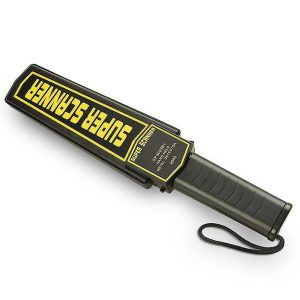
Metal detectors also come with a range of features such as discrimination and notch filters. Discrimination allows the user to filter out unwanted metal objects, such as aluminum foil or bottle caps, while focusing on the desired metal objects. Notch filters allow the user to ignore certain types of metals, making it easier to identify specific types of metal objects.
Another important feature of a metal detector is its accuracy. The accuracy of a metal detector is determined by its ability to detect metal objects at different depths and in different types of soil. Some metal detectors come with a depth indicator that displays the depth of the metal object, making it easier to locate and retrieve the object.
In conclusion, a metal detector is a versatile device that is used in a wide range of applications, from security checkpoints to construction and excavation sites. With its ability to detect different types of metals and its range of features such as discrimination and notch filters, the metal detector is an essential tool for anyone looking to locate and retrieve metal objects. By investing in a high-quality metal detector, users can ensure that they have a reliable and accurate tool that can help them save time and effort while performing their tasks.
In addition to their sensitivity and accuracy, metal detectors also come with various modes and settings that cater to different needs and environments. For example, some metal detectors come with a ground balance mode that adjusts the sensitivity of the detector based on the mineral content in the soil. This is particularly useful in areas with high mineral content, such as beaches or areas with volcanic soil.
Another important feature of a metal detector is its portability and ease of use. Most metal detectors are designed to be lightweight and compact, making them easy to carry and transport to different locations. They also come with user-friendly interfaces that make it easy for users to adjust settings and interpret readings.
Metal detectors also come in different types and designs, depending on the user’s needs and preferences. Some metal detectors are handheld, while others are mounted on a pole or stand. Handheld metal detectors are commonly used in security checkpoints and are designed to be held close to the ground to detect metal objects. Pole-mounted metal detectors, on the other hand, are used in construction and excavation sites and are designed to cover a larger area.
One of the biggest advantages of metal detectors is their ability to detect metal objects that are buried underground. This is particularly useful in archaeological sites, where metal objects can provide valuable information about past civilizations. Metal detectors are also used in treasure hunting, where users search for valuable objects such as coins, jewelry, or relics.
However, metal detectors also have their limitations. For example, they cannot distinguish between different types of metals and cannot detect non-metallic objects. They also have a limited range and cannot detect metal objects that are too deep or too small.
Furthermore, metal detectors are subject to false positives and false negatives. False positives occur when the detector detects a metal object that is not actually there, while false negatives occur when the detector fails to detect a metal object that is present. This can be caused by factors such as interference from other metal objects or electromagnetic fields.
Despite their limitations, metal detectors remain a valuable tool for a wide range of applications. They provide users with an efficient and reliable way to detect metal objects, saving time and effort while ensuring safety and security. With their sensitivity, accuracy, and range of features, metal detectors are an essential tool for anyone looking to locate and retrieve metal objects.
In conclusion, metal detectors are a versatile and valuable tool that are used in a wide range of applications. With their sensitivity, accuracy, and range of features, metal detectors provide users with an efficient and reliable way to detect metal objects, saving time and effort while ensuring safety and security. Whether in security checkpoints, construction sites, or archaeological sites, metal detectors are an essential tool for anyone looking to locate and retrieve metal objects. By investing in a high-quality metal detector, users can ensure that they have a reliable and accurate tool that can help them save time and effort while performing their tasks.
When shopping for a metal detector, there are several factors to consider. One important factor is the type of detector you need. There are different types of metal detectors designed for specific purposes, such as treasure hunting, beachcombing, or detecting underground pipes and wires. It is important to choose a detector that is designed for your specific needs to ensure the best results.
Another important factor to consider is the sensitivity of the metal detector. The sensitivity determines how deep the detector can detect metal objects and how small of an object it can detect. For example, if you are looking for small gold nuggets, you will need a detector with high sensitivity. On the other hand, if you are looking for larger objects such as pipes or wires, a detector with lower sensitivity may suffice.
Another consideration is the operating frequency of the metal detector. The operating frequency determines the depth and size of the metal object that can be detected. High-frequency detectors are better at detecting smaller objects close to the surface, while low-frequency detectors are better at detecting larger objects at greater depths.
The size and weight of the metal detector is also an important factor to consider. If you plan on carrying your detector for extended periods of time, a lightweight and compact design may be preferable. On the other hand, if you will be using the detector for longer periods of time or in harsh environments, a heavier and more durable design may be necessary.
Finally, it is important to consider the price of the metal detector. While there are many high-quality metal detectors available, they can be quite expensive. It is important to balance the cost of the detector with the features and capabilities it provides to ensure that you get the best value for your money.
In addition to their use in security, construction, and archaeology, metal detectors are also a popular tool for treasure hunting and hobbyists. Treasure hunting involves using metal detectors to locate valuable objects such as coins, jewelry, and relics. Hobbyists may use metal detectors to search for lost items or explore their local parks and beaches.
In recent years, metal detecting has become a popular hobby, with many enthusiasts sharing their finds and experiences online. Metal detecting clubs and organizations have also formed, providing opportunities for hobbyists to connect with others and share tips and techniques.
However, it is important to remember that metal detecting is not always allowed in all locations. Many parks and beaches have rules and regulations regarding metal detecting, and it is important to obtain permission before using a metal detector in public areas.
In conclusion, metal detectors are a versatile and valuable tool that can be used for a wide range of applications. Whether for security, construction, archaeology, or hobbyist purposes, metal detectors provide users with an efficient and reliable way to detect metal objects, saving time and effort while ensuring safety and security. By considering the type, sensitivity, frequency, size, and price of a metal detector, users can find the best tool for their specific needs.
Follow Our Facebook Page: www.facebook.com/rahatsafety
Follow us on Instagram: www.instagram.com/rahatsafetysolution
Other Products: rahatsafety.com.pk/shop


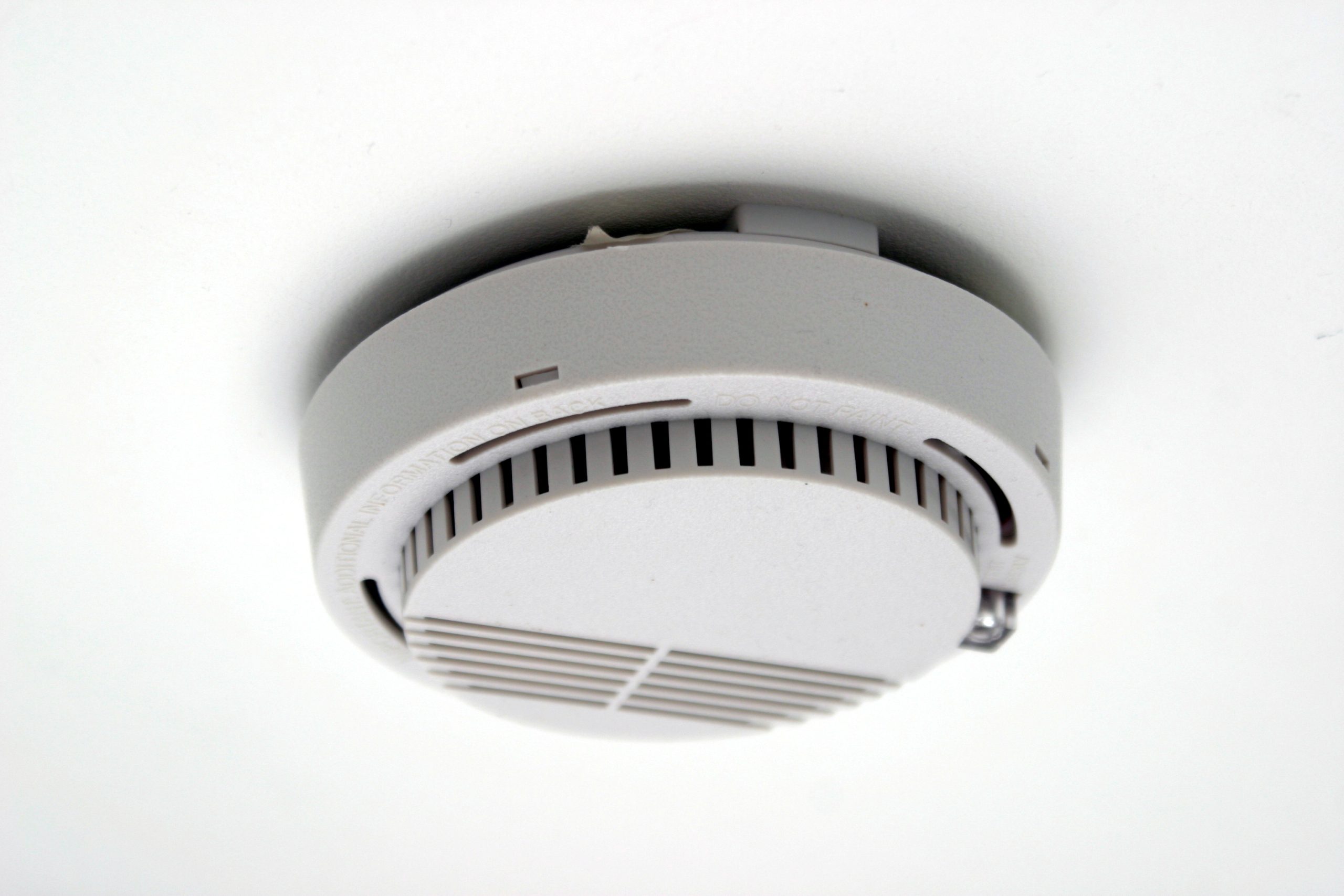
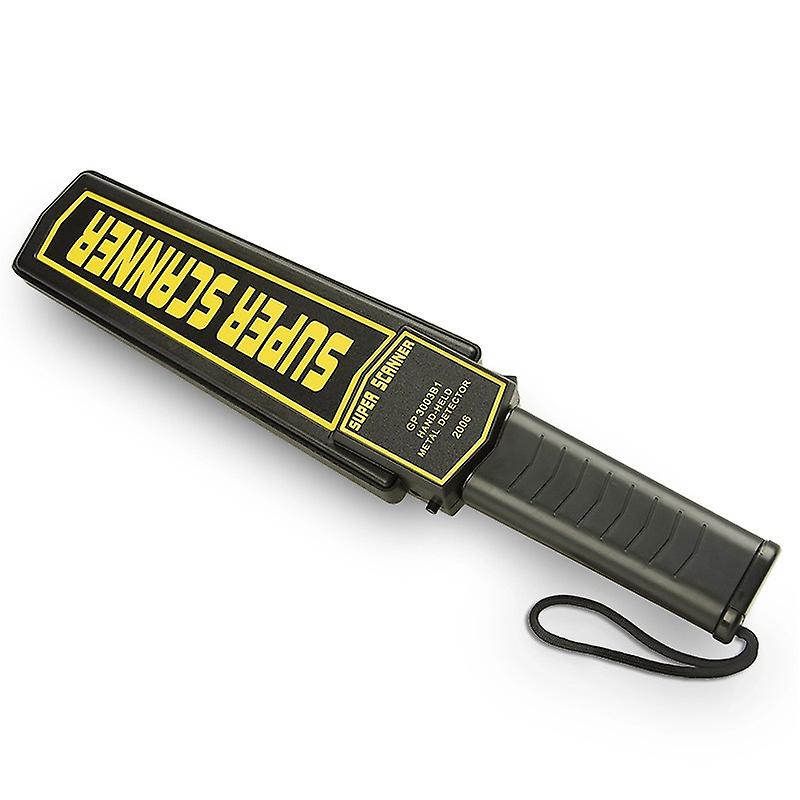


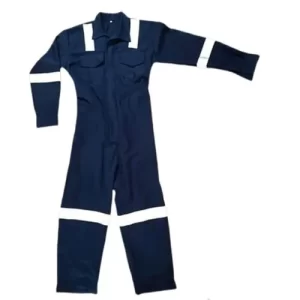
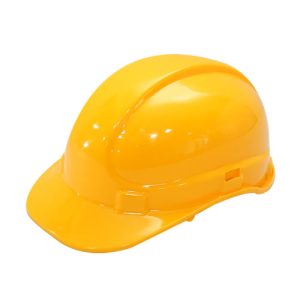

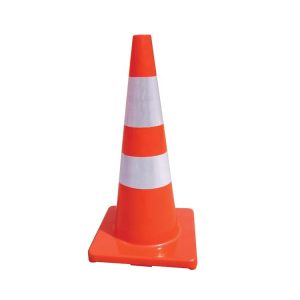
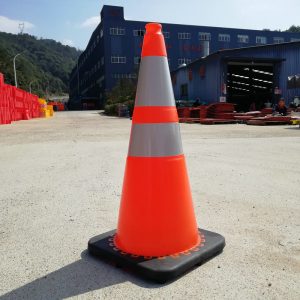

Reviews
There are no reviews yet.